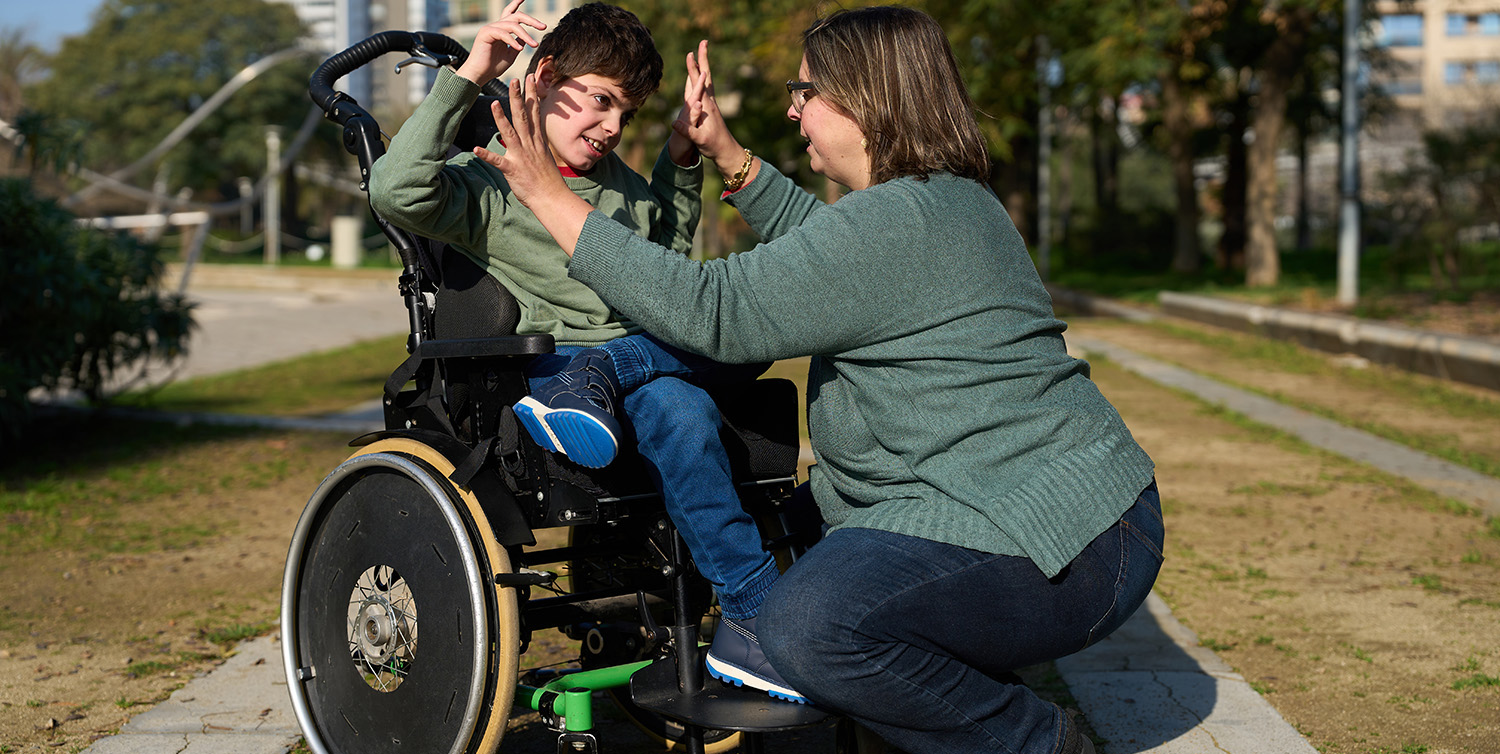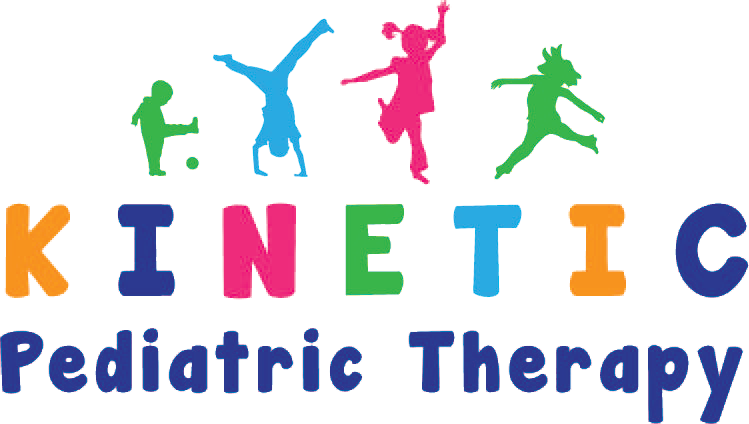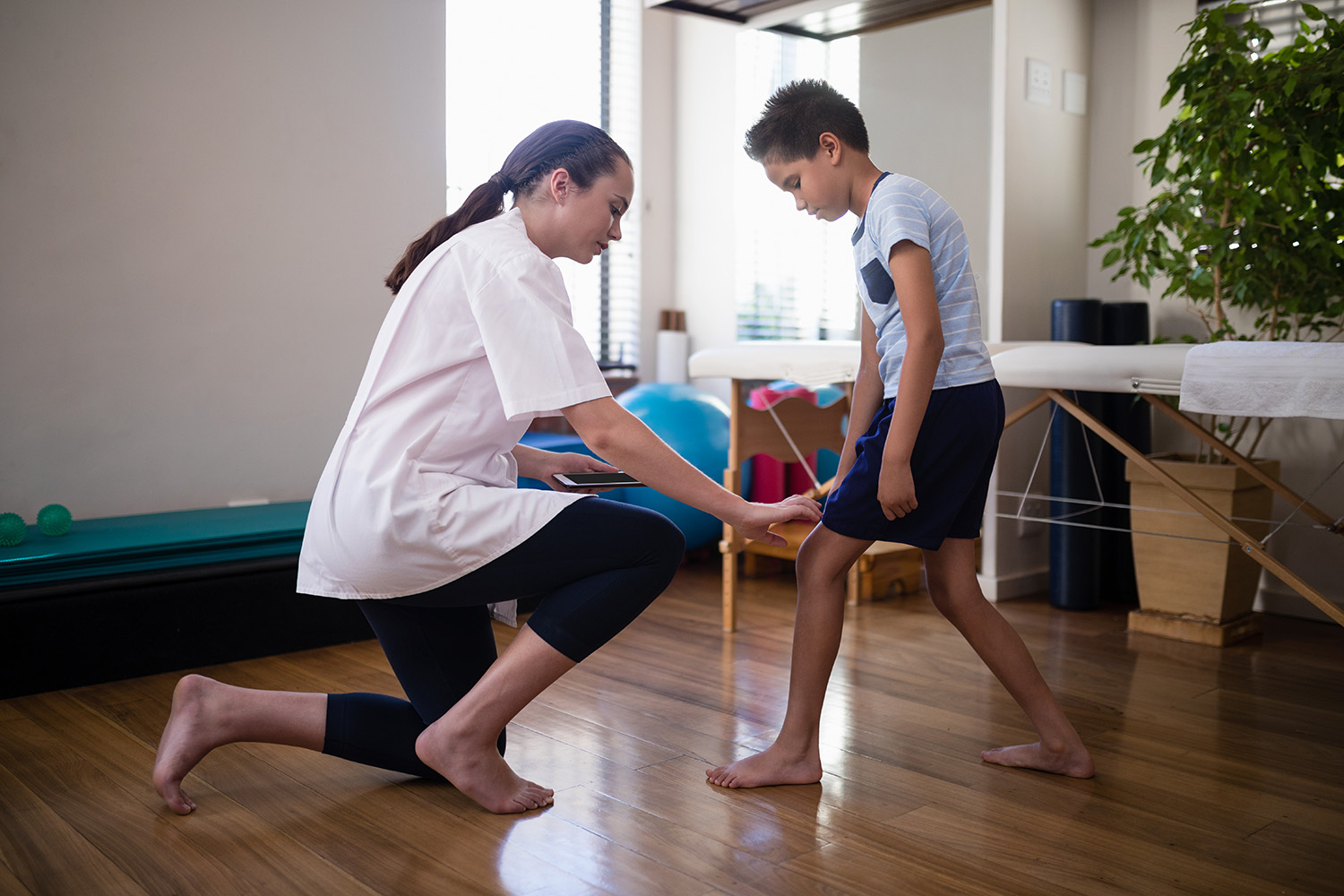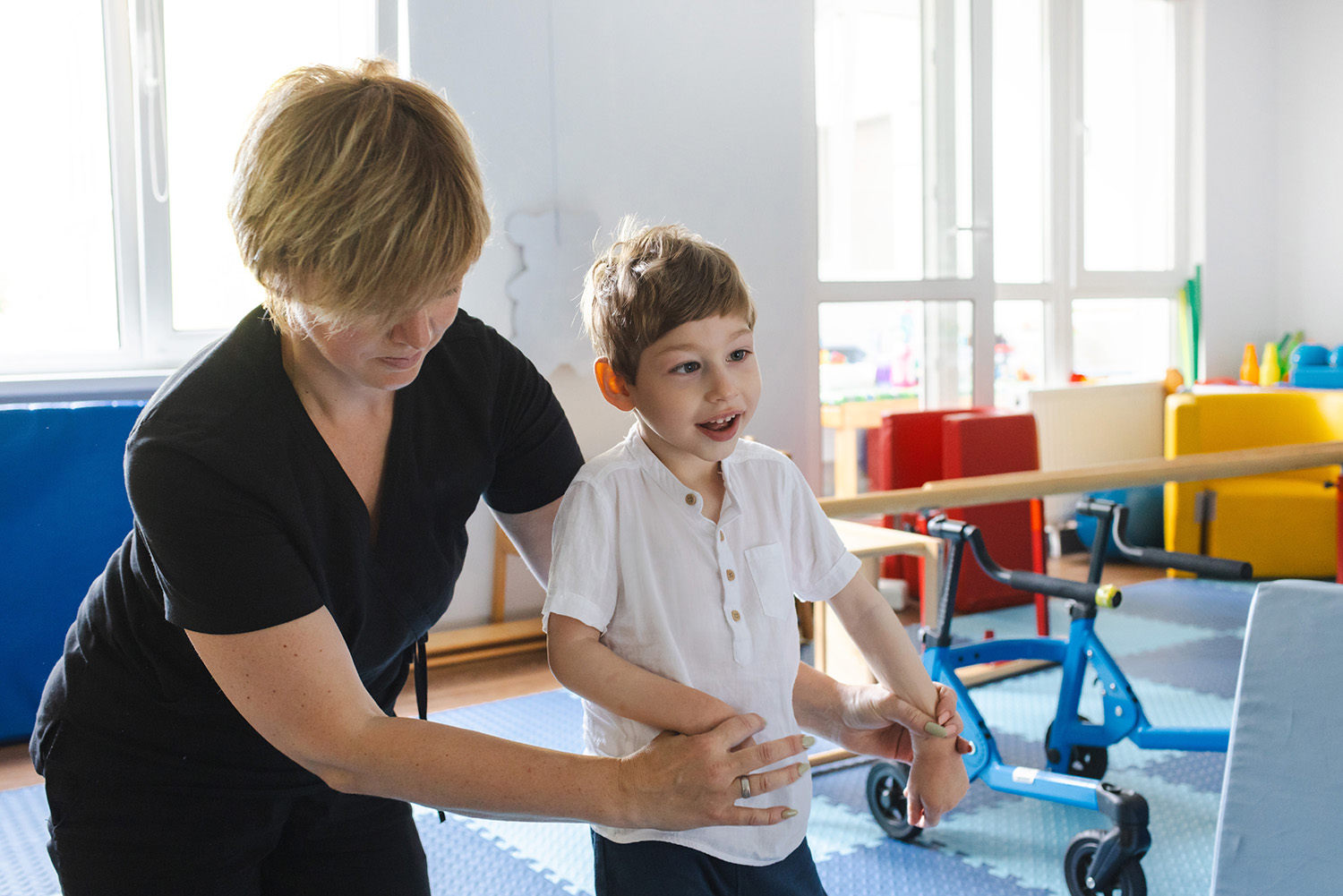
Supporting Students with Rare Neuromuscular Disorders: Empowering Inclusion Through Specialized Physical Therapy
Supporting Students with Rare Neuromuscular Disorders through contract school-based physical therapy requires a highly individualized, compassionate, and informed approach. Children with conditions like spinal muscular atrophy (SMA), muscular dystrophy, or congenital myopathies face unique physical challenges that can impact their ability to participate in everyday school activities. These conditions are often progressive and complex, requiring tailored strategies to promote safety, mobility, endurance, and inclusion. With the expertise of a contract physical therapist, schools can create supportive environments that meet the evolving needs of these students while promoting academic engagement and peer interaction.
Understanding Rare Neuromuscular Disorders in the School Setting
Rare neuromuscular disorders are characterized by impairments in the nerves or muscles that control movement. They can lead to muscle weakness, fatigue, joint stiffness, scoliosis, respiratory challenges, and difficulty with mobility. These conditions may be diagnosed early in life and often require long-term therapy and support. Because of the rarity of these disorders, general education settings may not always be equipped with the knowledge or resources needed to fully support affected students. That’s why supporting students with rare neuromuscular disorders is best achieved through contract school-based physical therapy services that bring in specialized knowledge and adaptive strategies.
Supporting Students with Rare Neuromuscular Disorders Through School-Based Physical Therapy
A key element of supporting students with rare neuromuscular disorders is ensuring they receive school-based physical therapy tailored to their specific diagnosis, physical needs, and educational goals. Contract physical therapists work closely with the educational team to evaluate each child’s strength, endurance, mobility, and ability to navigate the school environment safely. Based on these evaluations, therapists design custom interventions and modifications that enhance participation and promote overall well-being.
Individualized Support Plans for Students with Complex Diagnoses
When it comes to supporting students with rare neuromuscular disorders, one-size-fits-all solutions simply don’t work. A student with SMA may need help managing fatigue and conserving energy throughout the day, while a child with muscular dystrophy might require progressive monitoring and assistive technology. A contract physical therapist creates an individualized physical support plan that adapts as the student’s condition changes. These plans may include gentle stretching routines to prevent contractures, mobility exercises, use of wheelchairs or gait trainers, and environmental accommodations within the classroom.
Preventing Secondary Complications Through Early and Ongoing Support
Children with rare neuromuscular disorders are at higher risk of developing secondary complications such as scoliosis, joint deformities, respiratory issues, and pressure sores. By implementing early and consistent physical therapy interventions, these complications can be minimized. Supporting students with rare neuromuscular disorders also means helping to maintain function and prevent decline for as long as possible, which is crucial in preserving quality of life and independence.
Creating Safe and Accessible School Environments
Mobility and accessibility are central concerns when supporting students with rare neuromuscular disorders. Contract physical therapists assess the school environment to identify any obstacles that could interfere with safety or independence. This might involve suggesting ramp installations, accessible classroom layouts, or the addition of adaptive seating and transfer aids. These physical adjustments make it possible for students to move freely and safely, promoting inclusion and participation across all aspects of school life.
Incorporating Energy Conservation Techniques for Academic Success
Fatigue management is essential when supporting students with rare neuromuscular disorders. Many of these conditions cause rapid depletion of energy, which can make it difficult for students to remain attentive or participate consistently throughout the school day. A contract physical therapist may implement energy conservation techniques, such as scheduled rest periods, alternate positioning, or activity pacing to help students maintain endurance. These strategies ensure that students can stay engaged in learning without becoming physically overwhelmed.
Building Collaborative IEPs with Therapeutic Insight
Students with rare neuromuscular conditions often qualify for Individualized Education Programs (IEPs). Contract physical therapists are key members of the IEP team, offering insight into physical capabilities, safety needs, and achievable goals. Supporting students with rare neuromuscular disorders through school-based therapy means integrating physical goals with academic ones—such as improving seating tolerance, developing fine motor skills for classroom activities, or ensuring safe participation in school transitions and routines.
Providing Emotional Support and Building Confidence
Living with a rare condition can feel isolating, especially in a school setting where few (if any) peers share the same challenges. A skilled physical therapist offers more than just physical interventions—they also build trust, offer encouragement, and help students develop confidence in their abilities. Supporting students with rare neuromuscular disorders includes recognizing the emotional and social impact of these diagnoses and working to ensure each child feels included, valued, and supported.
Educating Staff and Peers to Foster Inclusion
Knowledge gaps among educators and students can sometimes create unintentional barriers to inclusion. Contract physical therapy providers can help bridge these gaps by offering training sessions for teachers, aides, and even peers. These sessions may include safe handling techniques, awareness of fatigue signs, or inclusive activity ideas. Supporting students with rare neuromuscular disorders involves building a school culture that is not only physically accessible but socially welcoming as well.
Tracking Progress and Adapting to Changing Needs
Rare neuromuscular conditions can change over time—sometimes rapidly. Continuous monitoring and adaptation are critical. A contract physical therapist regularly assesses progress and modifies therapeutic plans as needed. Whether it’s introducing new mobility aids, adjusting exercise regimens, or refining positioning strategies, supporting students with rare neuromuscular disorders requires dynamic, responsive care that evolves with each student’s journey.
The Essential Role of Physical Therapy in Supporting Students with Rare Neuromuscular Disorders
Supporting students with rare neuromuscular disorders through contract school-based physical therapy is not just about mobility—it’s about giving children the opportunity to access their education, build meaningful relationships, and achieve their potential. Through personalized interventions, adaptive strategies, and compassionate collaboration, contract physical therapists empower these students to thrive in school environments that are inclusive, accommodating, and empowering. By investing in specialized therapy services, schools send a powerful message: every student, regardless of their diagnosis, deserves the support and resources to succeed.
🏃♂️ Help your students reach their full potential with expert Pediatric Physical Therapy! Kinetic Pediatric Contract Therapy offers tailored physical therapy services to schools across North Carolina, helping children improve their strength, mobility, and coordination. Our dedicated therapists work one-on-one with students to ensure they have the tools they need to succeed both in the classroom and in life. 🌟 Empower your students with the support they deserve—bring our Pediatric Physical Therapy services to your school today and promote their physical well-being and growth!
Please Share




